HELP REDUCE WASTE
Bio-products promo
Compost production
RRR Club
Bio-Products Promotion
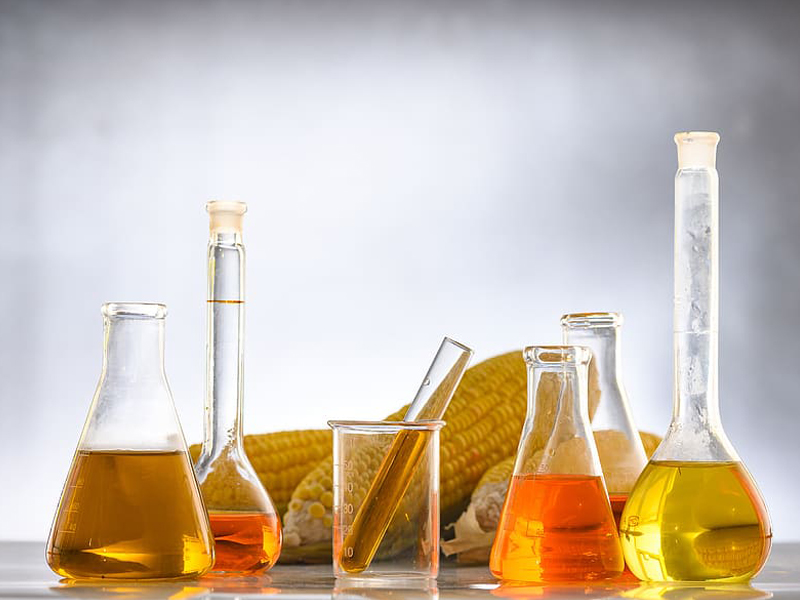
Promoting Bio
A bioeconomy uses renewable resources and helps society meet current environmental challenges so consumers need to be aware of the benefits of bio-based products.Converting resources from agriculture,forestry,fisheries and aquaculture into food, bio-based products and bio-energy is a promising strategy for minimising our dependency on fossil-based inputs.
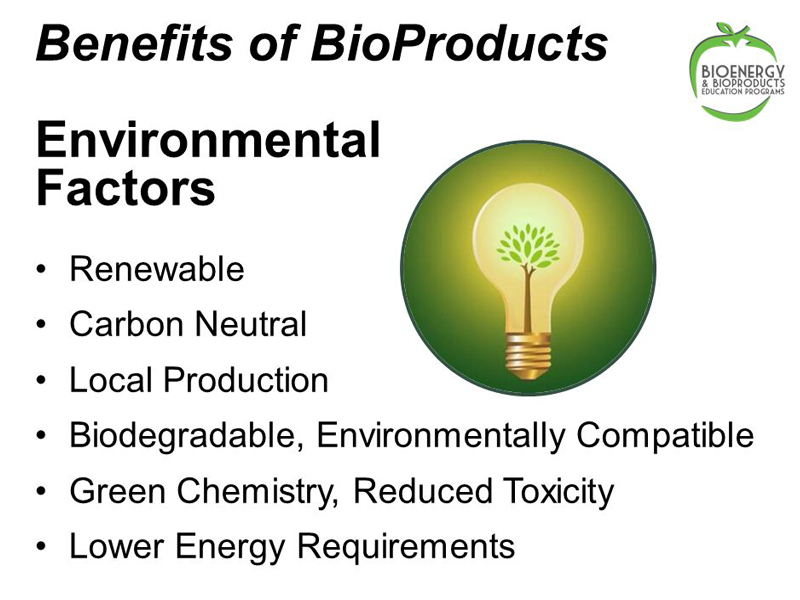
Organic Products
Make sure you utilize your store’s website and social media platforms to market your organic and natural food products. A social media campaign is one of the best ways to reach this growing population. There are many reasons to sell organics and naturals.
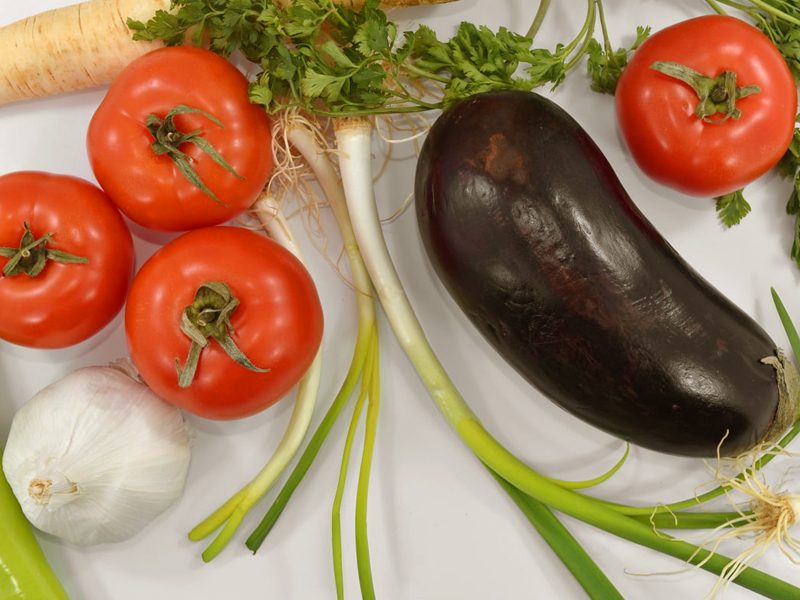
Benefits of Bio
Organic farming assures customers that toxic pesticides, synthetic fertilizers, and genetically modified organisms (GMOs) are not used in the processing of food and that no antibiotics or growth hormones have been administered to the livestock.
Compost Production
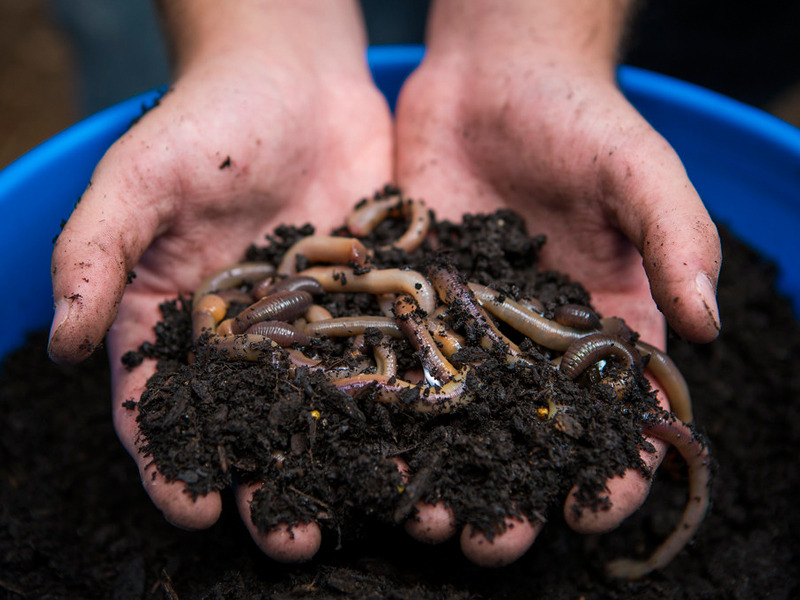
Compost Production
Compost is a soil amendment produced through the metabolism of an organic substrate—a sur- face on which organisms grow—by aerobic (oxygen-requiring) microbes under controlled conditions. … In organic cropping systems, compost provides a primary source of nutrients for the crop.
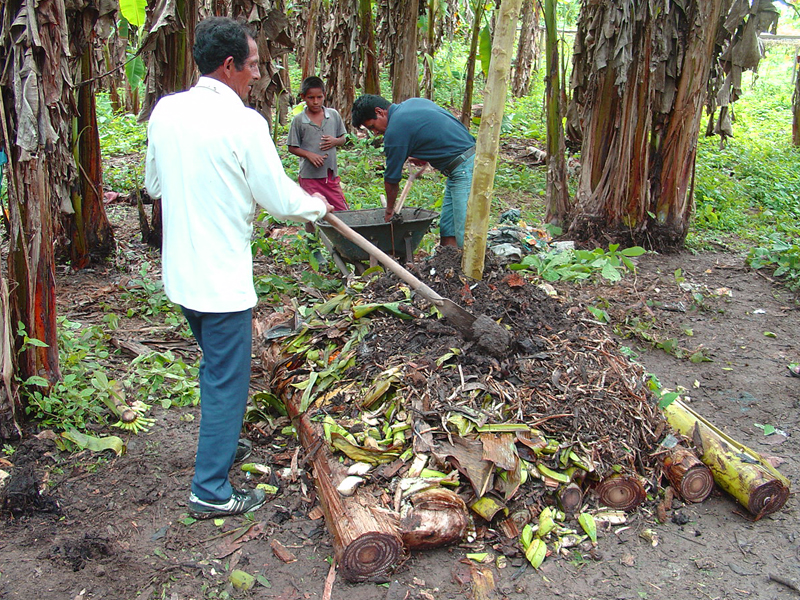
Composting Materials
Potential sources of compostable materials, or feedstocks, include residential, agricultural and commercial waste streams. There is not a linear relationship between the source of a given feedstock and the method that it is composted. For example, residential food or yard waste can be composted at home, or collected for inclusion in a large-scale municipal composting facility.
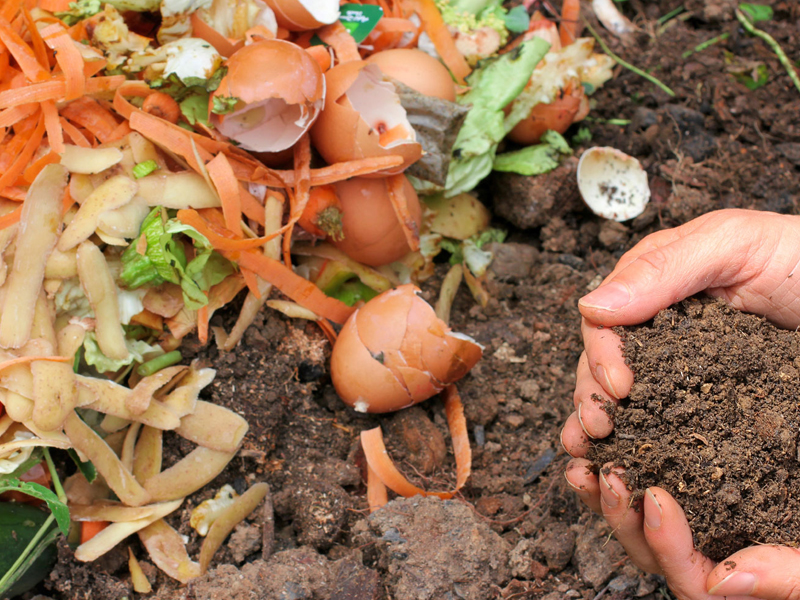
Uses of Compost
Can be used as an additive to soil, or other matrices such as coir and peat, as a tilth improver, supplying humus and nutrients. Although it is rarely used alone, plants can flourish from mixed soil, sand, grit, bark chips, vermiculite, perlite, or clay granules to produce loam. Compost can be tilled directly into the soil or growing medium to boost the level of organic matter and the overall fertility of the soil.
RRR Club
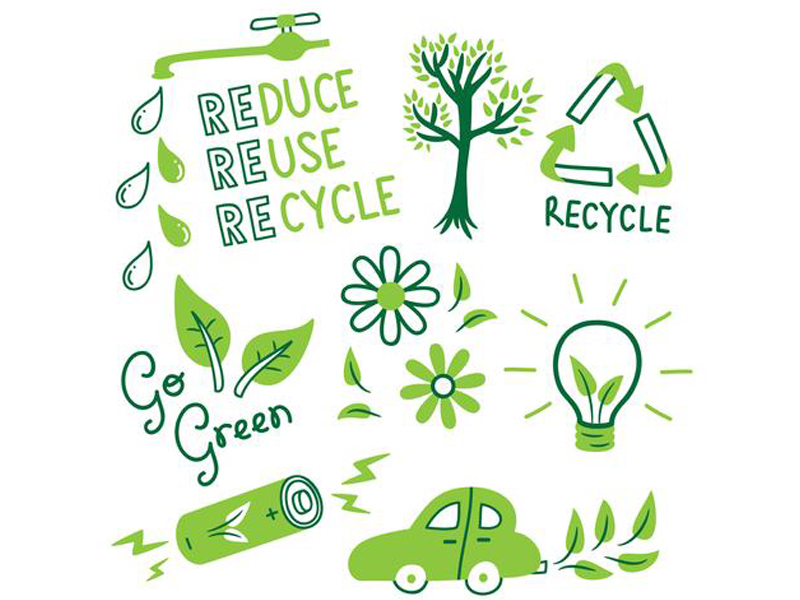
What are the 3Rs
The principle of reducing waste, reusing and recycling resources and products is often called the “3Rs.” Reducing means choosing to use things with care to reduce the amount of waste generated. Reusing involves the repeated use of items or parts of items which still have usable aspects.
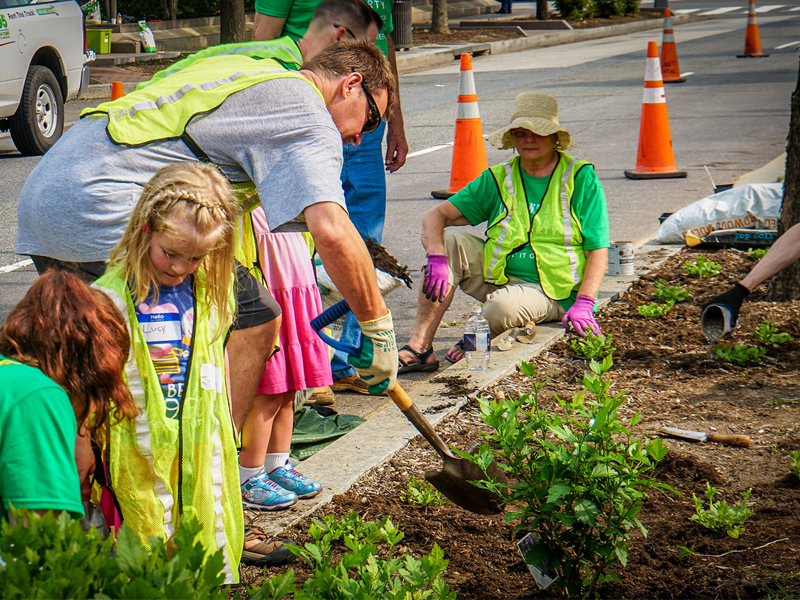
Importancy of 3R s
The three R’s – reduce, reuse and recycle – all help to cut down on the amount of waste we throw away. They conserve natural resources, landfill space and energy. Plus, the three R’s save land and money communities must use to dispose of waste in landfills.
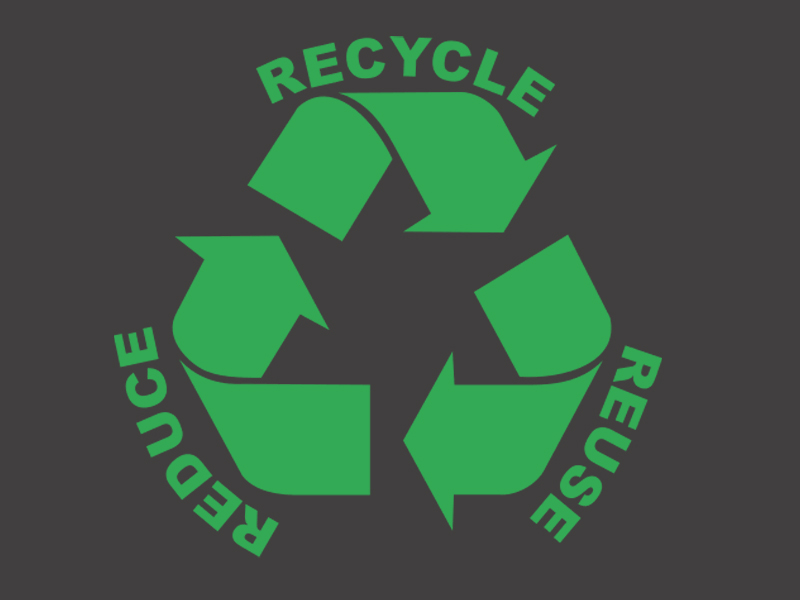
Beneficial Effects
3R concept prevents pollution caused by reducing the need to harvest new raw materials.Saves energy.Reduces greenhouse gas emissions that contribute to global climate change.Helps sustain the environment for future generations and most importantly it Saves money.
